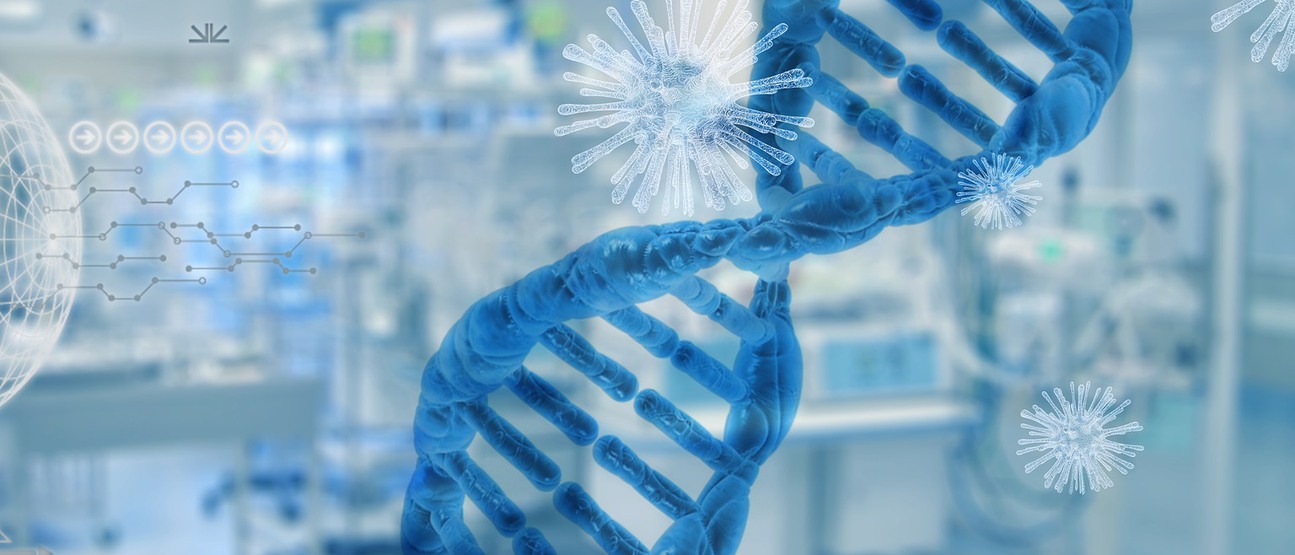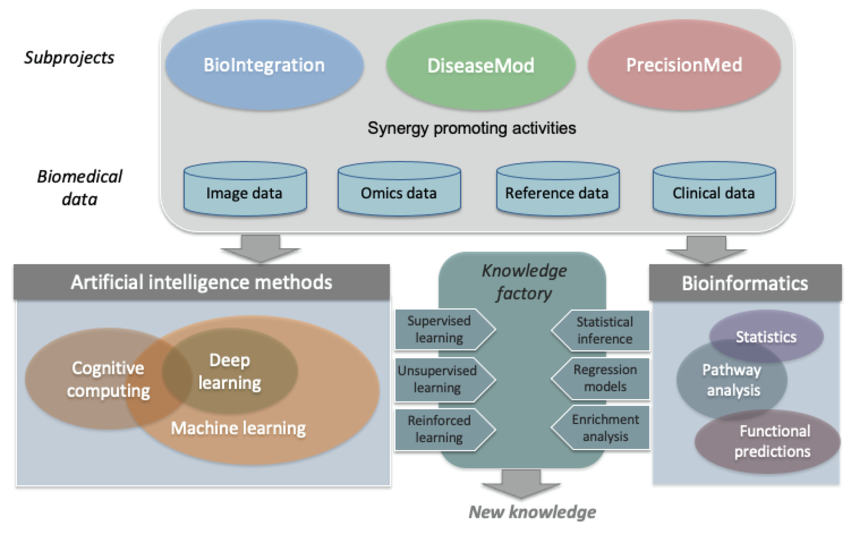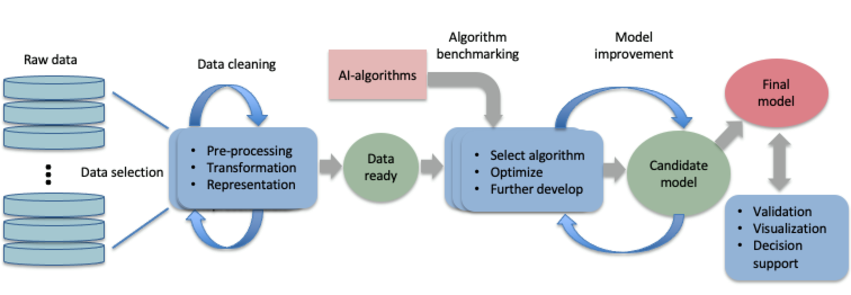Jane Synnergren
School of Bioscience


Artificial intelligence (AI) is an important driving force that is rapidly transforming health care and pharmaceutical industries in several ways. The vast amount of biomedical data available today poses unique opportunities to develop a repertoire of AI-based models. Although the results from studies using AI for solving biomedical problems are encouraging, there are numerous scientific challenges associated with AI for life science applications that need to be addressed.
The BIO-AID synergy project is centered on challenges related to multiple data modalities, insufficient data, and interpretability and explanation of results. The key research question addressed in this project is “How AI-driven analytical methods can be designed and applied to enable precision medicine?”

The project consists of three subprojects, BioIntegration, DiseaseMod, and PrecisionMed covering different aspects of AI-driven data analystics of complex biomolecular data. These three subprojects work jointly to create synergy effects between the subprojects. Multiple different types of biomedical data is integrated and analyzed in the subprojects through application of both AI-based methods and traditional statistical and bioinformatic methods to generate new knowledge.
The expected outputs from the projects are (i) specific strategies for data cleaning of large-scale biomedical data, (ii) novel innovative AI-based methods for multi-omics data integration and feature selection, (iii) multi-marker panels of predictive biomarkers, and (iv) innovative AI-based algorithms that can be exploited for discovery of biomarkers from multiple data sources.

A general process for model development is adopted and applied in each of the three subprojects. Data is collected from data repositories, and data cleaning procedures are performed to prepare data for an AI-driven analysis. The output models will be optimized and developed in an iterative manner until a final model is obtained and validated using additional data. Visualization approaches for communication of results from AI-based models will be further developed to enhance interpretability in decision support systems.
By analyzing complex medical data using AI-based methods clinicians can provide faster and more accurate treatment to their patients. This technology can help in making better decisions, diagnose disease and other health risks earlier, and help people live healthier.
The project is coordinated by the University of Skövde and executed in close collaboration with our industrial partners Takara Bio Europe AB, Merck AB, AstraZeneca AB, SciCross AB, TATAA Biocenter AB, and MultiD Analyses AB.



